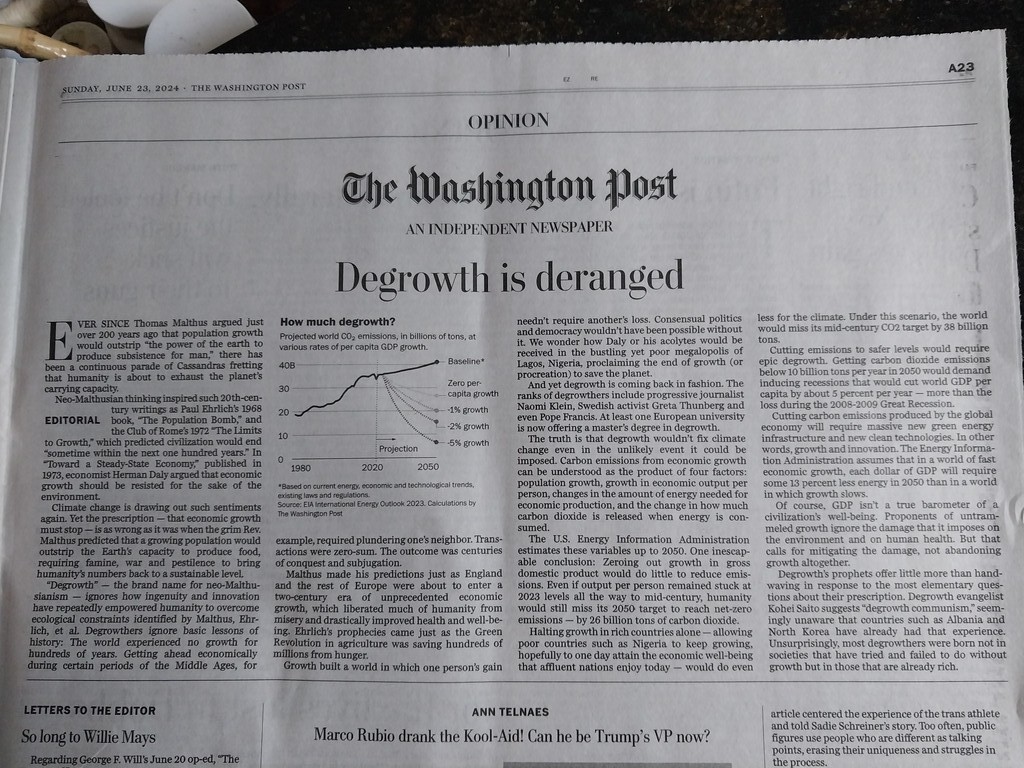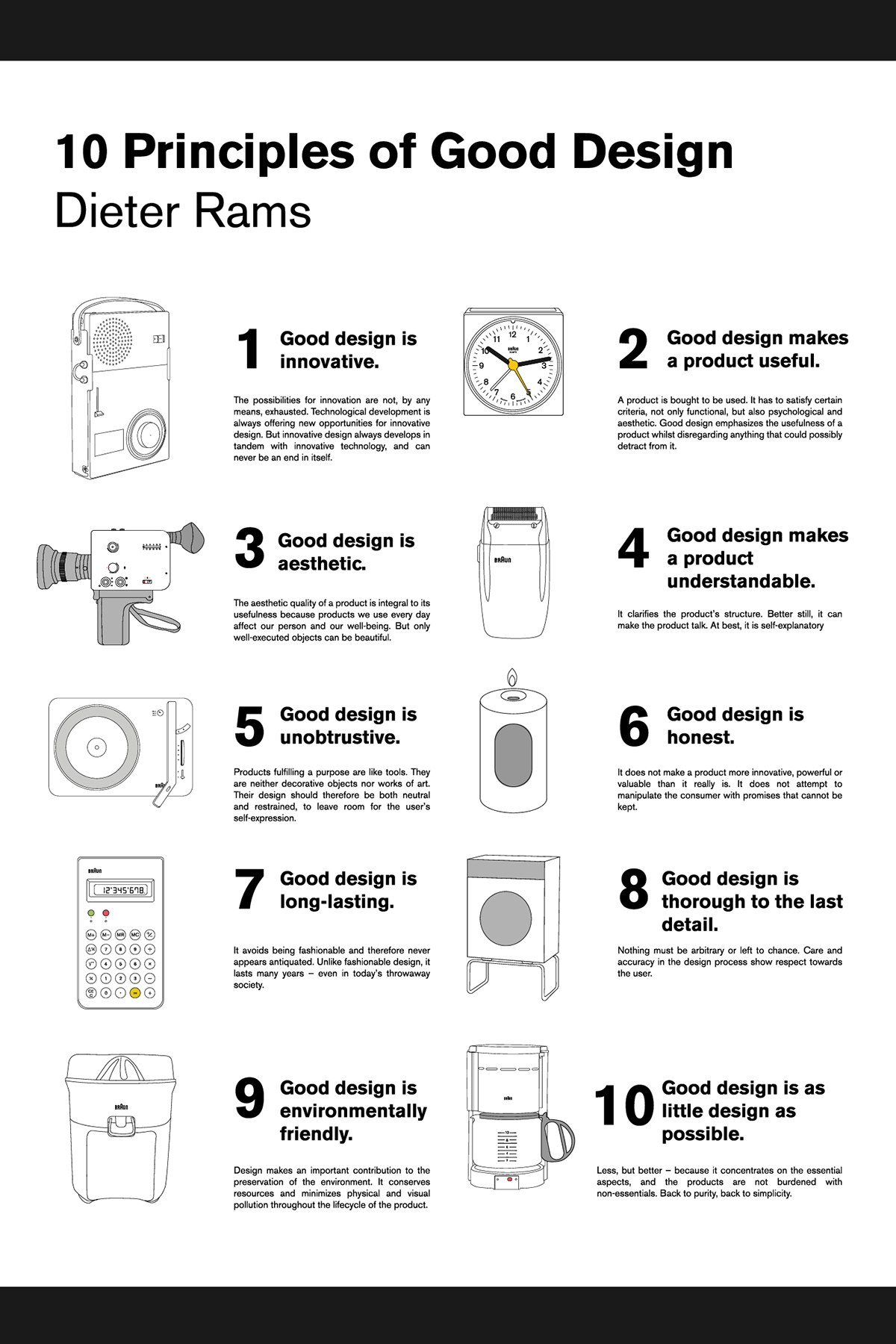Degrowth
1525 readers
1 users here now
Discussions about degrowth and all sorts of related topics. This includes UBI, economic democracy, the economics of green technologies, enviromental legislation and many more intressting economic topics.
founded 2 years ago
MODERATORS
201
202
203
204
205
206
207
11
Three approaches to finding an alternative economic model - World Capital Institute
(worldcapitalinstitute.org)
208
209
210
211
212
213
214
215
42
A Four-day Workweek: A Policy for Improving Employment and Environmental Conditions
(www.europeanfinancialreview.com)
216
217
218
18
Is Degrowth an Academic Field or a Mass Movement? Taking Degrowth to the People!
(goodmenproject.com)
219
220
221
222
223
224
225


